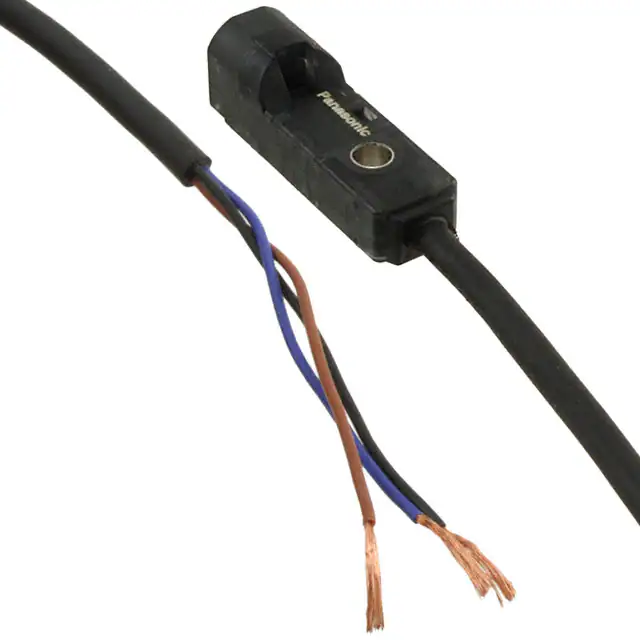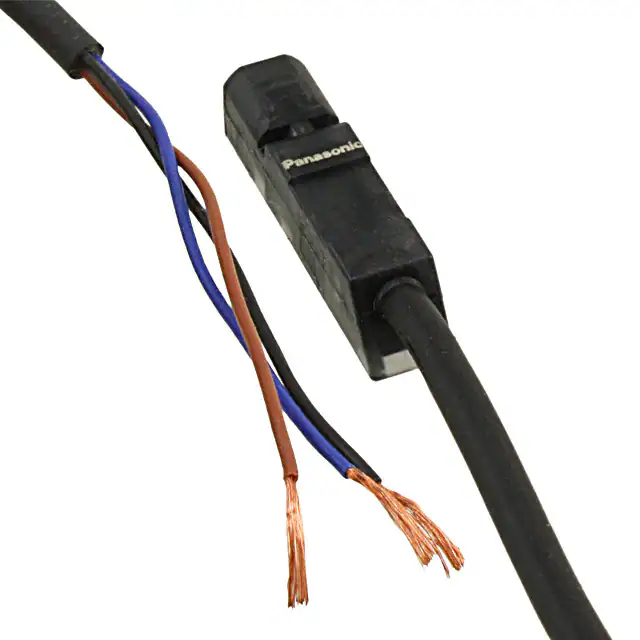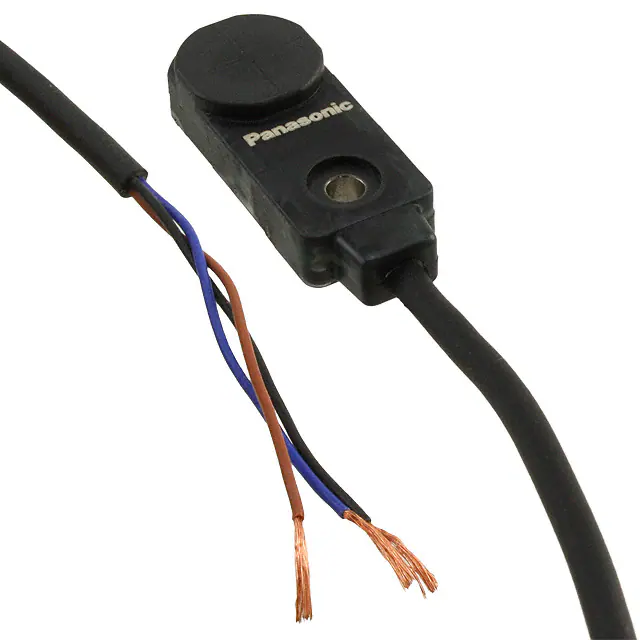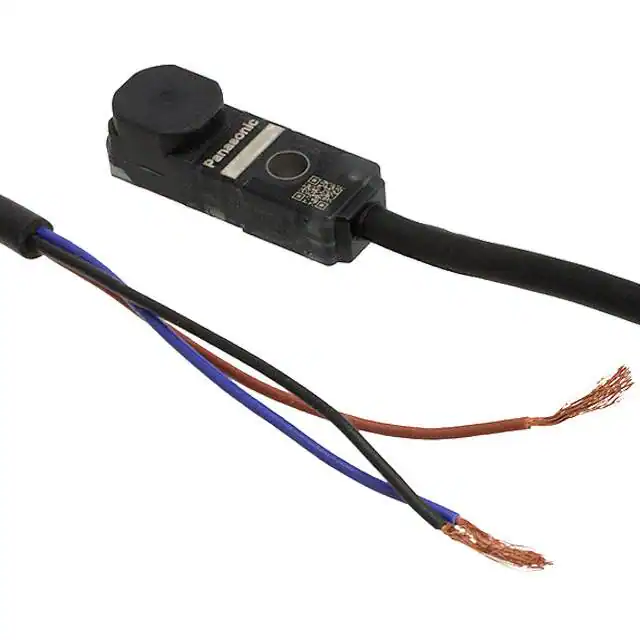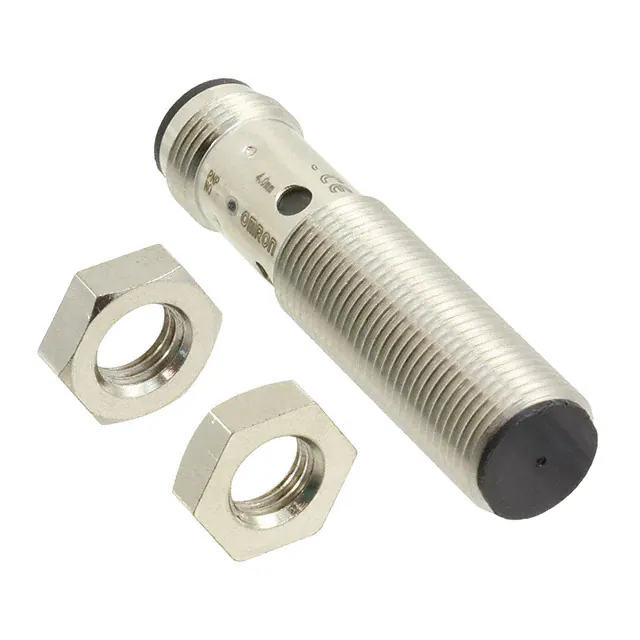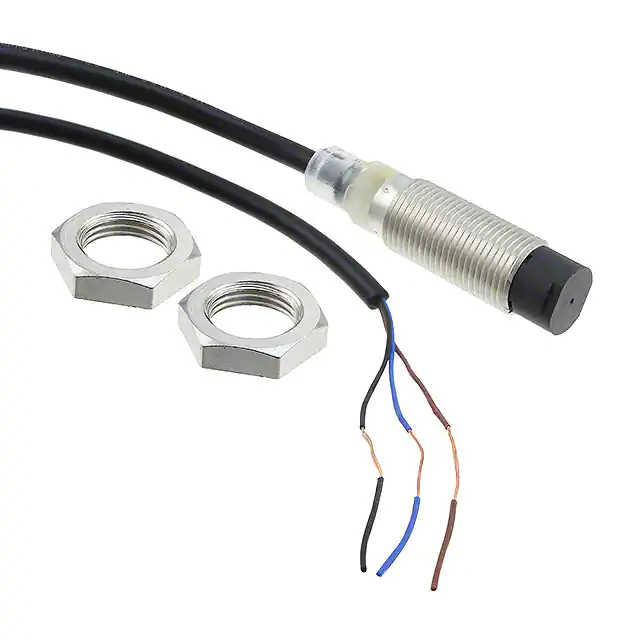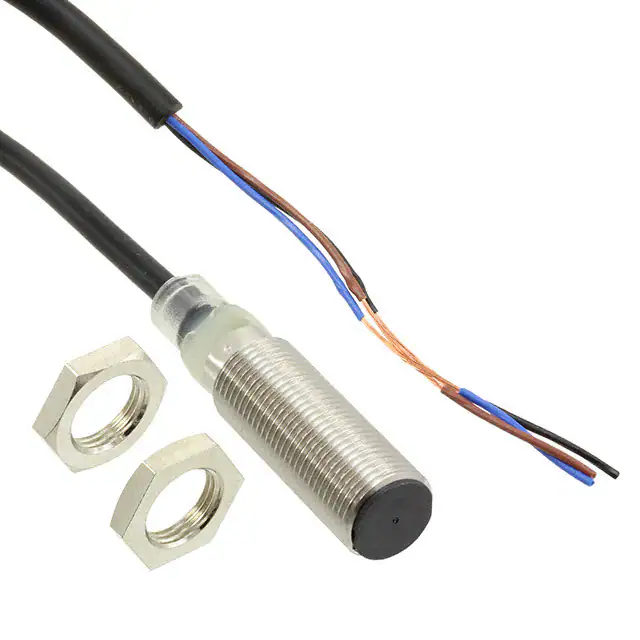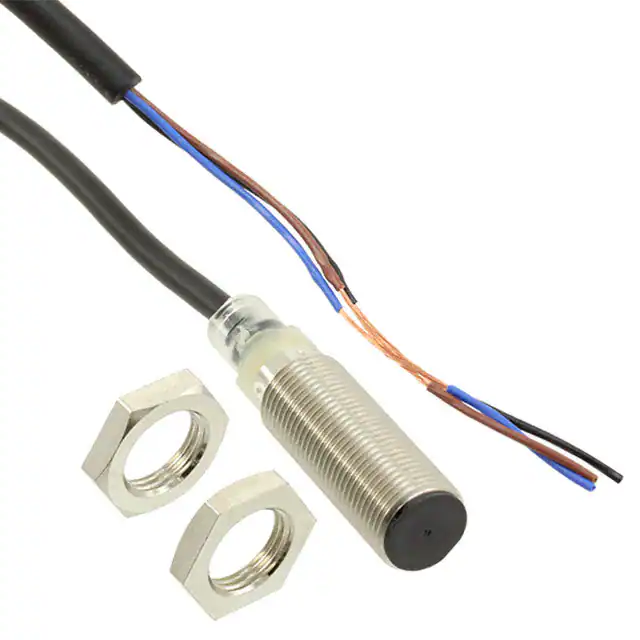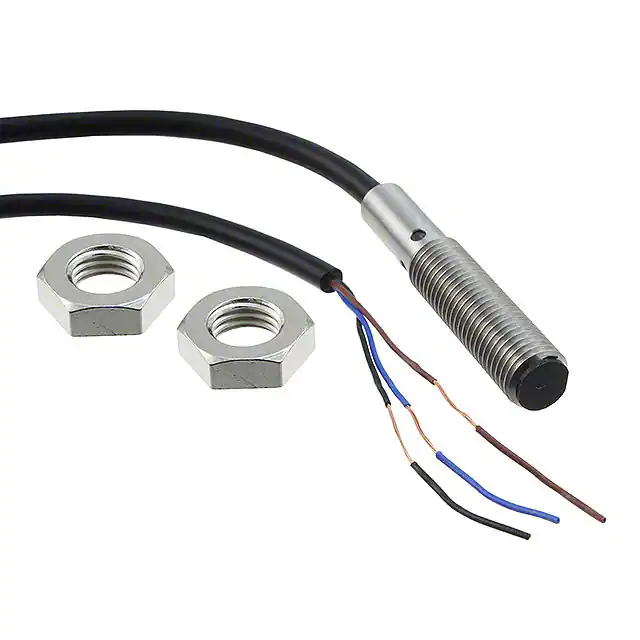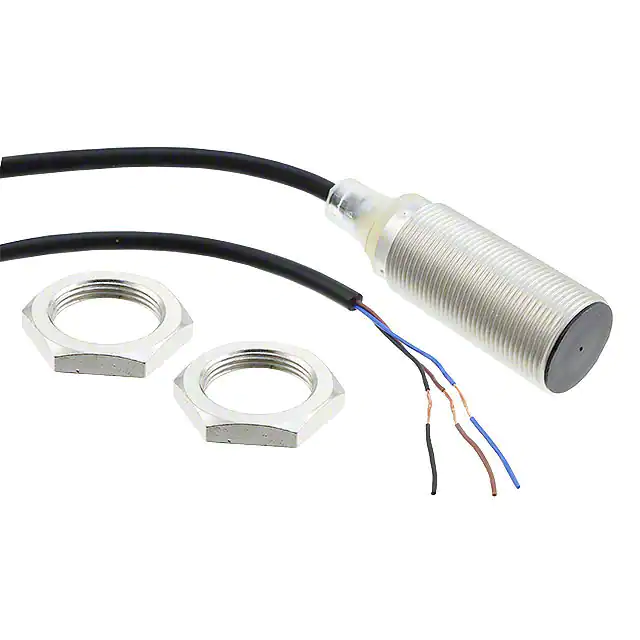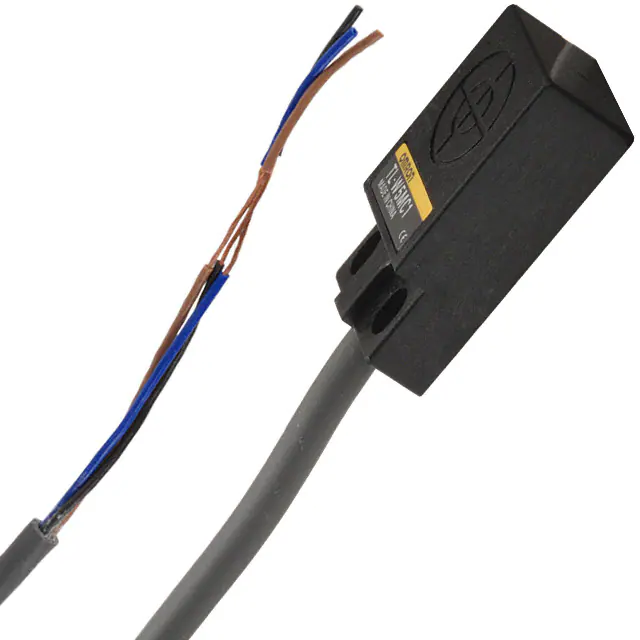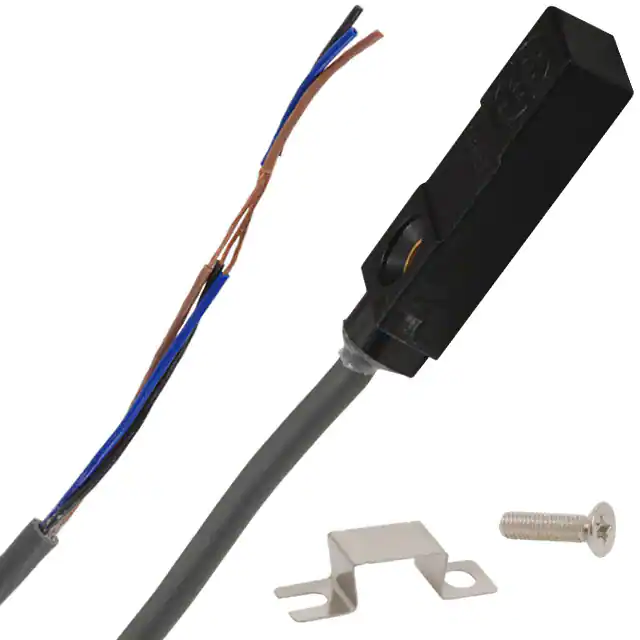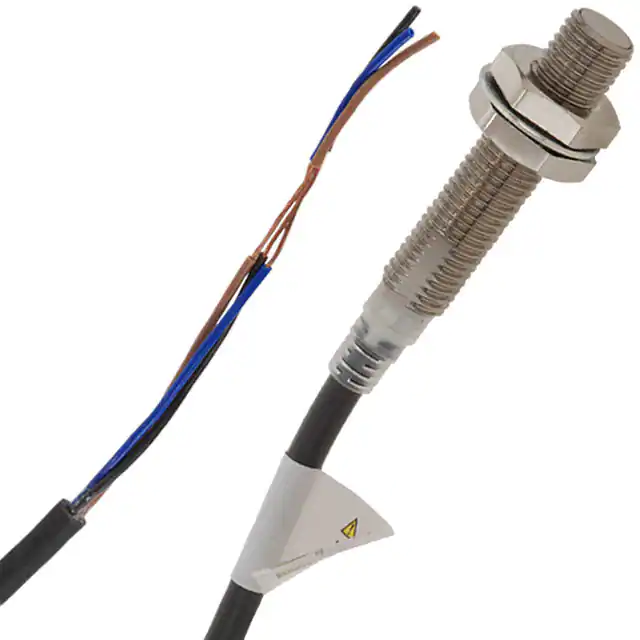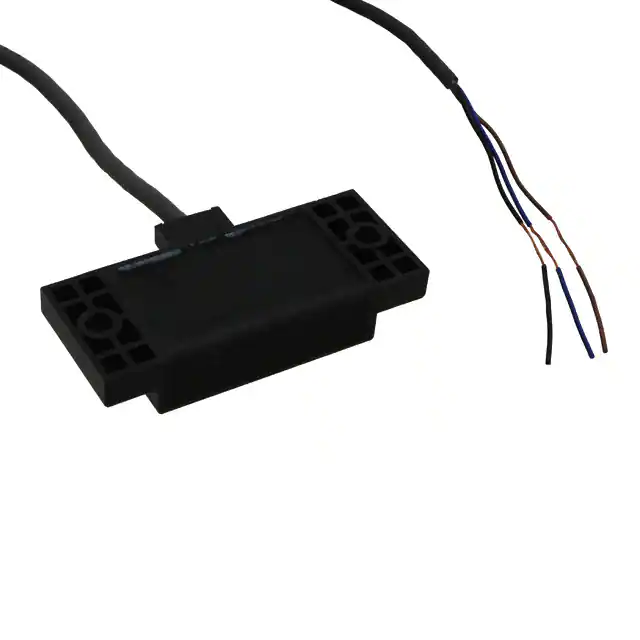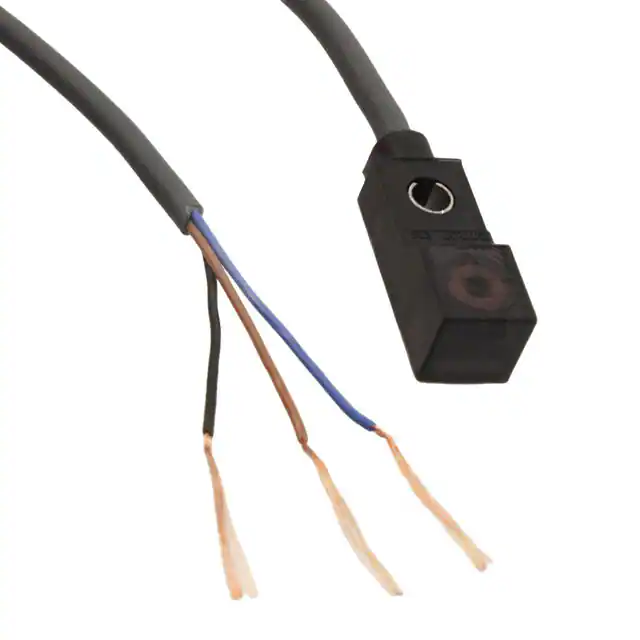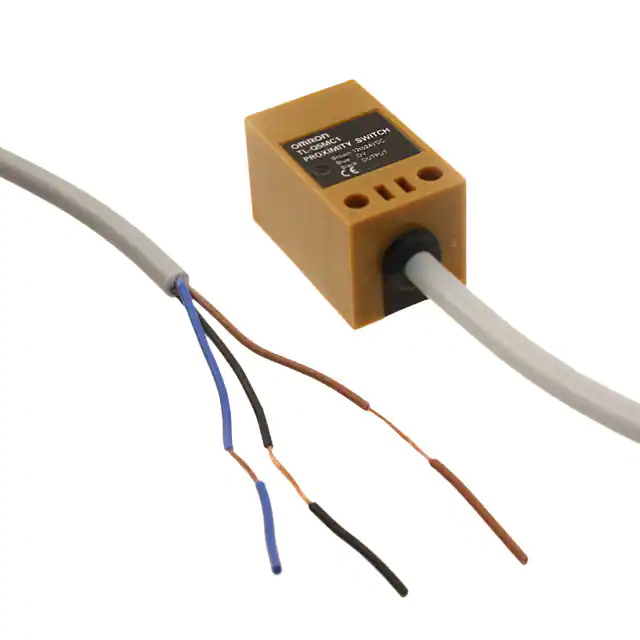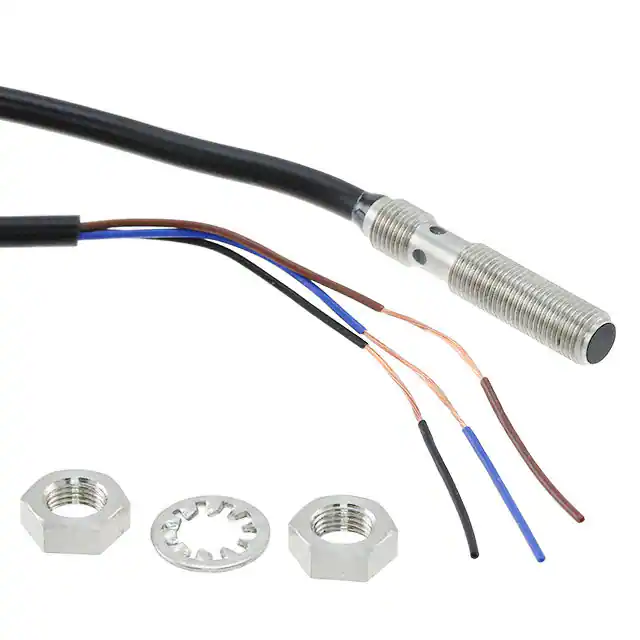STEVAL-ISA043V1: Simplifying Industrial Automation with Analog Signal Conditioning
Industrial automation systems rely on precise measurements of physical parameters such as temperature, pressure, and flow rate. Analog signal conditioning is a critical step in the measurement process, whereby the raw signal from a sensor is processed and amplified to reach a usable level for further signal processing.
In this blog post, we explore how the STEVAL-ISA043V1 analog signal conditioning module can simplify the design and implementation of industrial automation systems.
What is the STEVAL-ISA043V1?
The STEVAL-ISA043V1 is an analog signal conditioning module from STMicroelectronics that offers a range of features and capabilities for industrial applications. The module is designed to work with a wide range of sensors and provides signal conditioning, amplification, and filtering to ensure high accuracy and reliable measurements.
Some of the key features of the STEVAL-ISA043V1 include:
Multi-channel input: The module supports up to four differential or eight single-ended inputs, allowing for flexible measurement of different physical parameters.
Programmable gain and filtering: The gain and filtering stages are programmable via an SPI interface, making it easy to customize the module's behavior for different sensors and applications.
Low noise and high accuracy: The STEVAL-ISA043V1 offers low noise and high accuracy, with a noise density of 10nV/Hz and a gain error of 0.05%, ensuring reliable and precise measurements.
How Does Analog Signal Conditioning Work?
Analog signal conditioning involves several stages of signal processing that are aimed at preparing the raw signal from a sensor for further processing and analysis. The main stages of analog signal conditioning include:
Filtering: The raw signal from a sensor usually contains noise and unwanted frequencies that can interfere with the accuracy of the measurement. Filtering removes these unwanted frequencies and isolates the signal of interest.
Amplification: The signal from a sensor is usually weak and needs to be amplified to reach a usable level for further processing. Amplification also helps to increase the signal-to-noise ratio, which is critical for accurate measurements.
Linearization: Some sensors produce non-linear signals that need to be linearized to achieve accurate measurements. Linearization involves applying a mathematical function that maps the non-linear signal to a linear output.
Isolation: In some cases, the sensor and the measurement equipment may be at different electrical potentials, which can cause ground loops and interference. Isolation helps to ensure that the sensor and the measurement equipment are electrically isolated, preventing interference and ensuring accurate measurements.
The STEVAL-ISA043V1 incorporates all of these stages in a single module, making it a powerful tool for simplifying the design and implementation of industrial automation systems.
Benefits of Using the STEVAL-ISA043V1 in Industrial Automation Systems
The STEVAL-ISA043V1 offers several benefits for industrial automation systems:
Simplified design: By incorporating all of the necessary signal conditioning stages in a single module, the STEVAL-ISA043V1 simplifies the design of industrial automation systems.
Increased accuracy: The low noise and high accuracy of the module ensure precise and reliable measurements, reducing the risk of errors and improving the quality of the data.
Flexible: The module supports a wide range of sensors and is programmable, making it easy to customize its behavior for different applications and sensors.
Cost-effective: By reducing the number of components and the complexity of the signal conditioning stage, the STEVAL-ISA043V1 can help to reduce the overall cost of industrial automation systems.
Real-World Applications of the STEVAL-ISA043V1
The STEVAL-ISA043V1 can be used in a wide range of industrial automation applications, including:
Temperature monitoring: The module can be used to measure temperature in industrial processes such as chemical reactions, metalworking, and food processing.
Pressure monitoring: The module can be used to measure pressure in systems such as pipelines, hydraulic systems, and pneumatic systems.
Flow rate monitoring: The module can be used to measure the flow rate in systems such as water treatment plants, chemical processing, and oil and gas production.
In each of these applications, the STEVAL-ISA043V1 simplifies the signal conditioning stage and ensures precise and reliable measurements.
Conclusion
The STEVAL-ISA043V1 analog signal conditioning module is a powerful tool for simplifying the design and implementation of industrial automation systems. By incorporating all of the necessary signal conditioning stages in a single module, the STEVAL-ISA043V1 reduces the complexity and cost of industrial automation systems while increasing accuracy and reliability. With applications in temperature, pressure, and flow rate monitoring, the STEVAL-ISA043V1 is a versatile and flexible module that can help to improve the efficiency and quality of industrial processes.
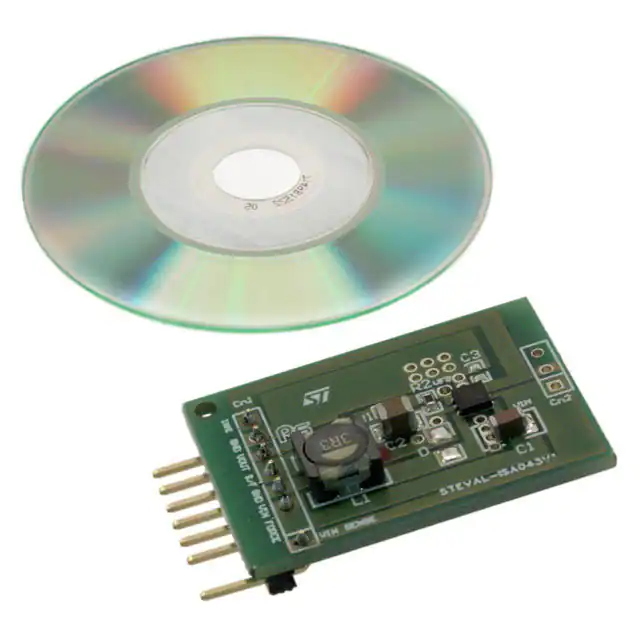
STEVAL-ISA043V1
- Part Number :
- STEVAL-ISA043V1
- Manufacturer :
- STMicroelectronics
- Description :
- BOARD EVAL BASED ON ST1S06
- Datasheet :
-
 STEVAL-ISA043V1.pdf
STEVAL-ISA043V1.pdf
- Unit Price :
- Request a Quote
- In Stock :
- 3678
- Lead Time :
- To be Confirmed
- Quick Inquiry :
- - + Add To Cart
Request a Quote
STEVAL-ISA043V1 Specifications
STEVAL-ISA043V1 Guarantees

-
Service Guarantees
We guarantee 100% customer satisfaction.
Our experienced sales team and tech support team back our services to satisfy all our customers.

-
Quality Guarantees
We provide 90 days warranty.
If the items you received were not in perfect quality, we would be responsible for your refund or replacement, but the items must be returned in their original condition.
Certified Quality
 View the Certificates
View the Certificates
 Afrikaans
Afrikaans Shqip
Shqip አማርኛ
አማርኛ العربية
العربية Հայերեն
Հայերեն Azərbaycan dili
Azərbaycan dili Euskara
Euskara Беларуская мова
Беларуская мова বাংলা
বাংলা Bosanski
Bosanski Български
Български Català
Català Cebuano
Cebuano Chichewa
Chichewa 简体中文
简体中文 繁體中文
繁體中文 Corsu
Corsu Hrvatski
Hrvatski Čeština
Čeština Dansk
Dansk Nederlands
Nederlands English
English Esperanto
Esperanto Eesti
Eesti Filipino
Filipino Suomi
Suomi Français
Français Frysk
Frysk Galego
Galego ქართული
ქართული Deutsch
Deutsch Ελληνικά
Ελληνικά ગુજરાતી
ગુજરાતી Kreyol ayisyen
Kreyol ayisyen Harshen Hausa
Harshen Hausa Ōlelo Hawaiʻi
Ōlelo Hawaiʻi עִבְרִית
עִבְרִית हिन्दी
हिन्दी Hmong
Hmong Magyar
Magyar Íslenska
Íslenska Igbo
Igbo Bahasa Indonesia
Bahasa Indonesia Gaeilge
Gaeilge Italiano
Italiano 日本語
日本語 Basa Jawa
Basa Jawa ಕನ್ನಡ
ಕನ್ನಡ Қазақ тілі
Қазақ тілі ភាសាខ្មែរ
ភាសាខ្មែរ 한국어
한국어 كوردی
كوردی Кыргызча
Кыргызча ພາສາລາວ
ພາສາລາວ Latin
Latin Latviešu valoda
Latviešu valoda Lietuvių kalba
Lietuvių kalba Lëtzebuergesch
Lëtzebuergesch Македонски јазик
Македонски јазик Malagasy
Malagasy Bahasa Melayu
Bahasa Melayu മലയാളം
മലയാളം Maltese
Maltese Te Reo Māori
Te Reo Māori मराठी
मराठी Монгол
Монгол ဗမာစာ
ဗမာစာ नेपाली
नेपाली Norsk bokmål
Norsk bokmål پښتو
پښتو فارسی
فارسی Polski
Polski Português
Português ਪੰਜਾਬੀ
ਪੰਜਾਬੀ Română
Română Русский
Русский Samoan
Samoan Gàidhlig
Gàidhlig Српски језик
Српски језик Sesotho
Sesotho Shona
Shona سنڌي
سنڌي සිංහල
සිංහල Slovenčina
Slovenčina Slovenščina
Slovenščina Afsoomaali
Afsoomaali Español
Español Basa Sunda
Basa Sunda Kiswahili
Kiswahili Svenska
Svenska Тоҷикӣ
Тоҷикӣ தமிழ்
தமிழ் తెలుగు
తెలుగు ไทย
ไทย Türkçe
Türkçe Українська
Українська اردو
اردو O‘zbekcha
O‘zbekcha Tiếng Việt
Tiếng Việt Cymraeg
Cymraeg isiXhosa
isiXhosa יידיש
יידיש Yorùbá
Yorùbá Zulu
Zulu
